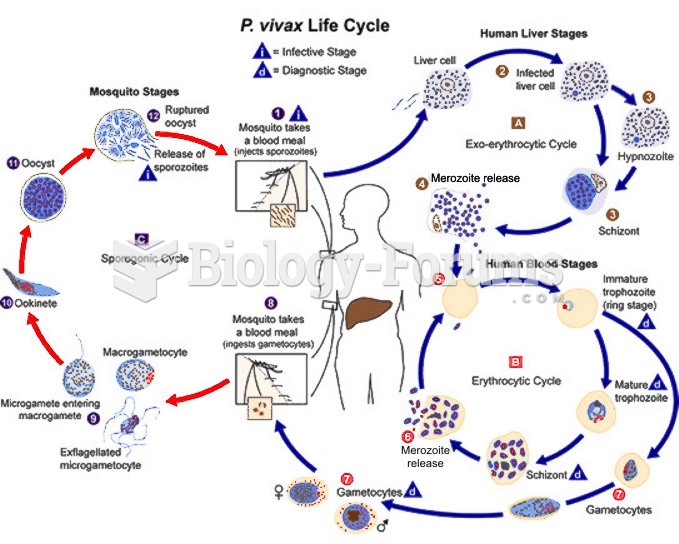|
|
|
As many as 28% of hospitalized patients requiring mechanical ventilators to help them breathe (for more than 48 hours) will develop ventilator-associated pneumonia. Current therapy involves intravenous antibiotics, but new antibiotics that can be inhaled (and more directly treat the infection) are being developed.
Critical care patients are twice as likely to receive the wrong medication. Of these errors, 20% are life-threatening, and 42% require additional life-sustaining treatments.
After a vasectomy, it takes about 12 ejaculations to clear out sperm that were already beyond the blocked area.
About 100 new prescription or over-the-counter drugs come into the U.S. market every year.
Earwax has antimicrobial properties that reduce the viability of bacteria and fungus in the human ear.







